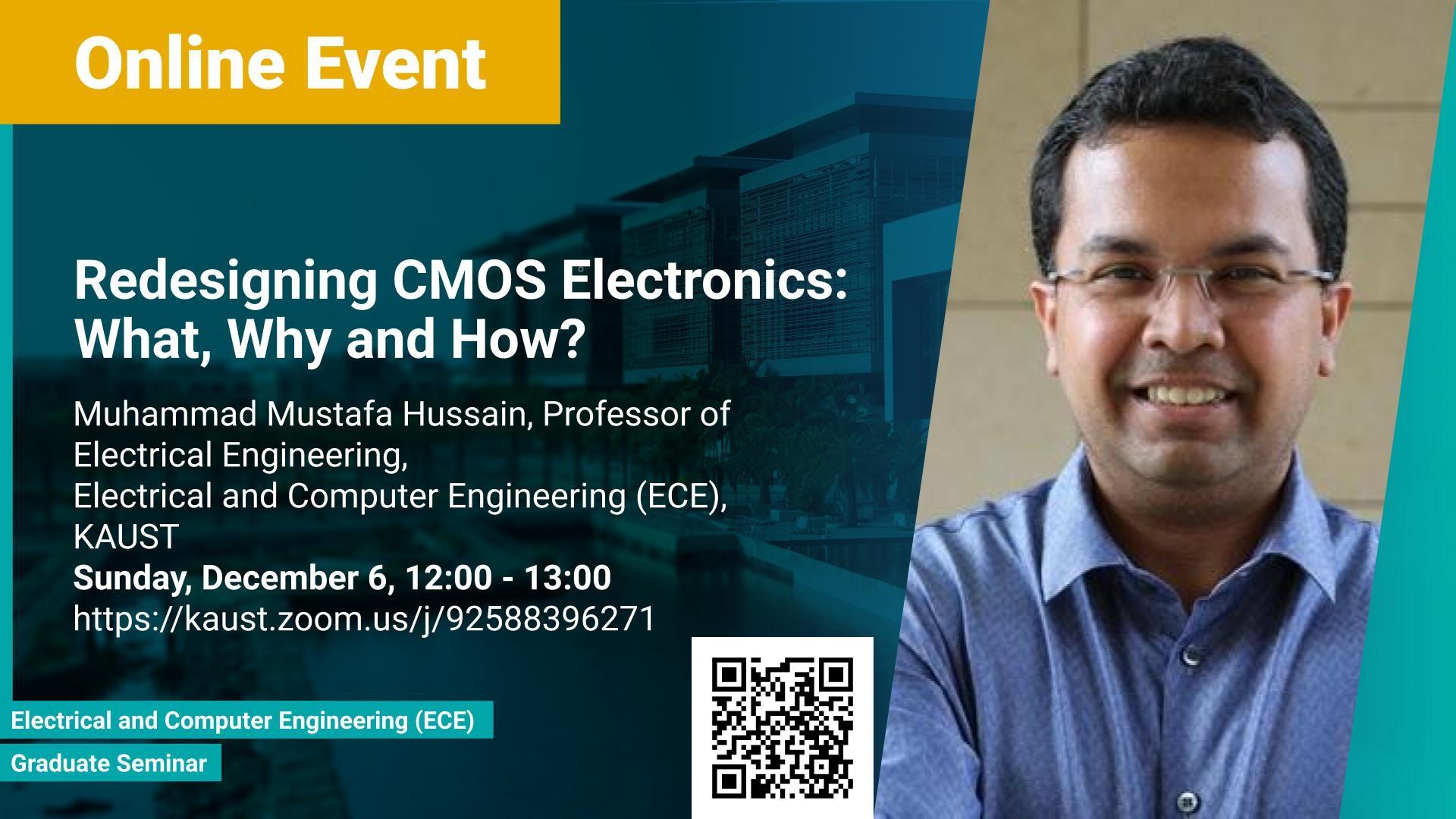Abstract
A little more than half of the world’s population enjoy benefits of information technology which is enabled by complementary metal oxide semiconductor (CMOS) electronics. Going forward, we will enjoy further augmentation of quality of life through integrated CMOS electronic systems consisting of logic, memory, communication devices, energy storage and harvester, power management units, sensors and actuators. Their main attributes will include but not limited to high performance and storage capacity for data management; seamless connectivity; energy efficiency; hyper-scale integration density; appropriate functionalities based on their applications and operational environment; reliability and safety; and finally affordability and simplicity to expand their user base to include those who do not have any access to them today. Even using last fifty years’ wealth of knowledge and experience, such integrated electronic system development and deployment is a monumental engineering challenge. From that perspective, redesigning CMOS electronics might seem to be an overly ambitious goal specially, if that means transformation of such physically rigid complex electronic systems into a fully flexible one. To address this intriguing challenge, we have developed a unique coin like architecture based soft singular platform, which can be used as the building block of standalone fully flexible CMOS electronic system with all the aforementioned characteristics. We have devised an effective heterogeneous integration strategy based on mature and reliable CMOS technology only to integrate hybrid materials and diverse set of devices for multi-disciplinary applications. These will be the focus of this talk.
Brief Biography
Dr. Muhammad Mustafa Hussain (PhD, ECE, UT Austin, Dec 2005) is a Professor of Electrical Engineering, KAUST (since Fall 2009) and an incoming Adjunct Professor of EECS, UC Berkeley (from Spring 2021). He was Program Manager in SEMATECH (2008-2009) and Process Integration Lead for 22 nm node FinFET CMOS in Texas Instruments (2006-2008). His research is focused on futuristic electronics which has received support from DARPA, Boeing, Lockheed Martin, GSK-Novartis, Saudi ARAMCO and SABIC. He has authored 450+ research papers and patents. He is a Fellow of IEEE, American Physical Society and Institute of Physics (UK), a distinguished lecturer of IEEE Electron Devices Society, and an Editor of IEEE T-ED. His research has been extensively highlighted by international media (CNN, Fox News, MSNBC, BBC, Washington Post, WSJ, National Geographic, Forbes, IEEE Spectrum, Wired, etc.) including being featured by Scientific American as one of the top 10 world changing ideas in 2014. He has received 47 international awards including Best Innovation Award, CES 2020, Edison Award 2020, Texas Exes Outstanding Young Alumni Award 2015, IEEE R5 Outstanding Individual Achievement Award 2016, DOW Sustainability Challenge Award 2012, Applied Physics Letters Best Featured Articles 2015, 2019, 2020, etc.
